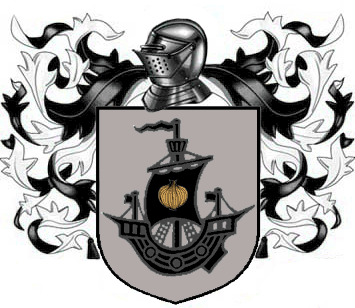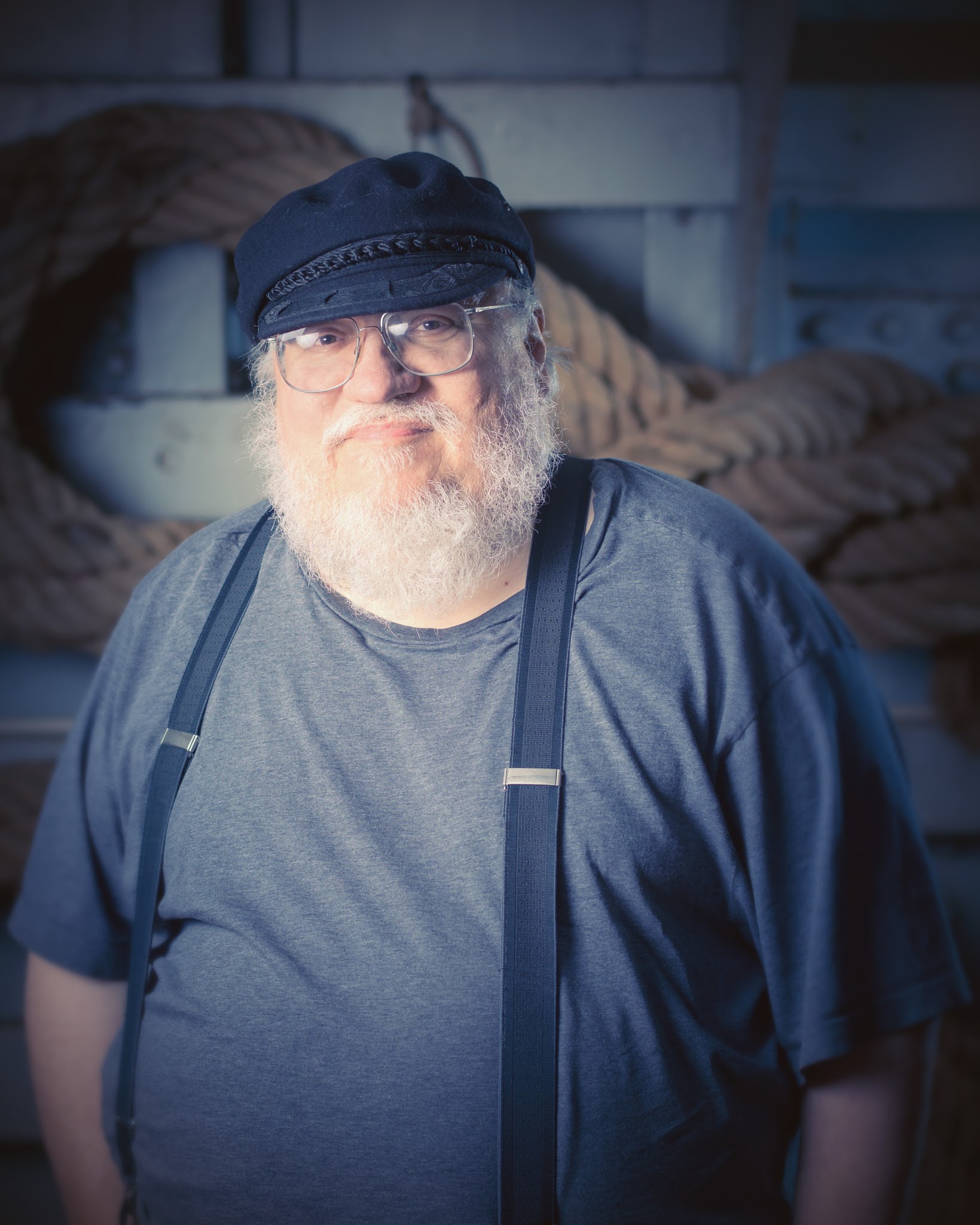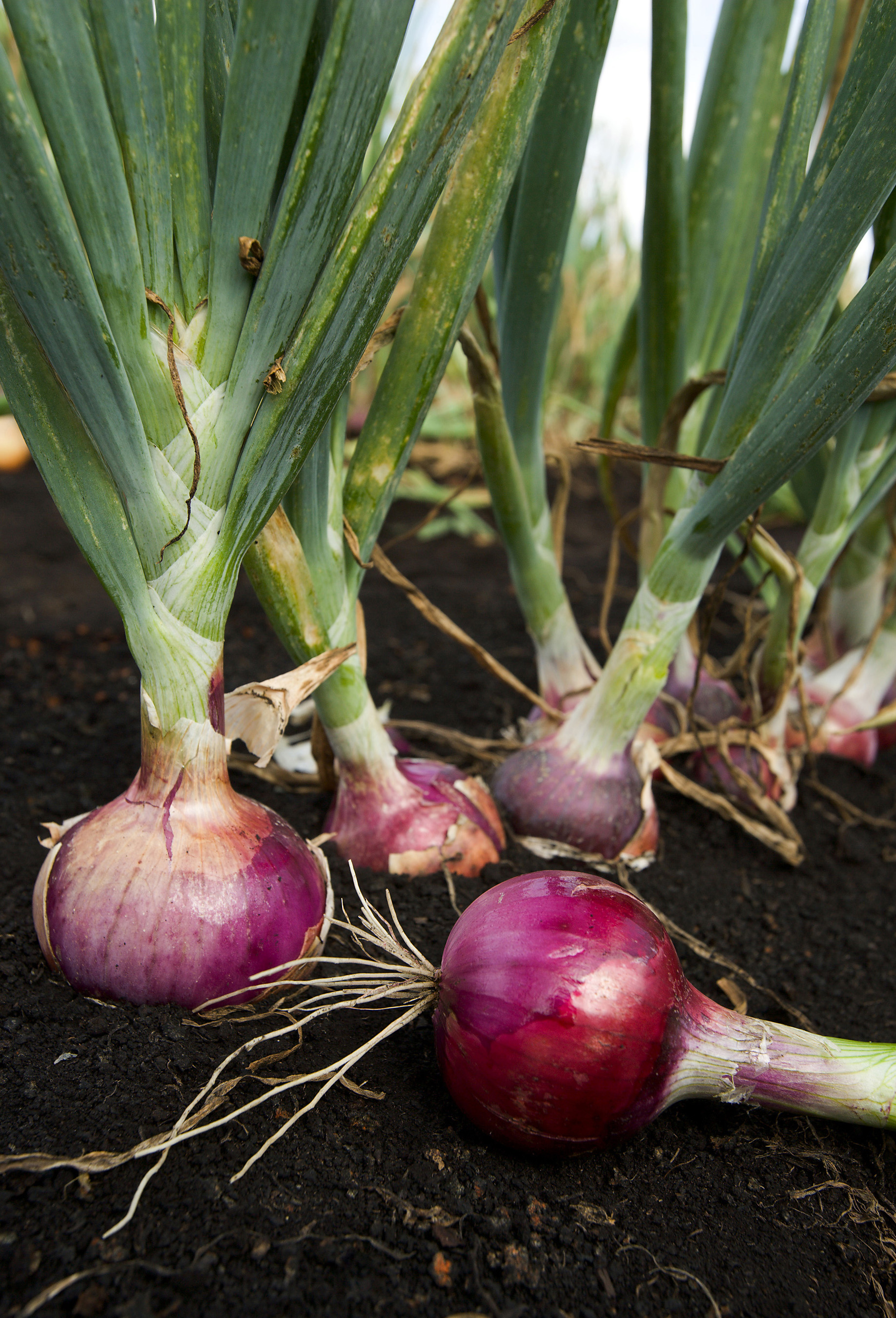|
Davos Seaworth
Davos Seaworth, also known as the Onion Knight or Davos Shorthand, is a fictional character from the ''A Song of Ice and Fire'' series of epic fantasy novels by American writer George R. R. Martin, and its television adaptation ''Game of Thrones''. He is a prominent point of view character in the novels. Davos first appears in 1998's ''A Clash of Kings'' and later in ''A Storm of Swords'' (2000) and ''A Dance with Dragons'' (2011), serving as Stannis Baratheon's most trusted counselor. Davos comes from humble means and was a successful smuggler, who slipped through Targaryen loyalists' blockade to bring a shipful of much-needed supplies to Stannis and his starving forces defending the castle Storm's End during Robert's Rebellion. As appreciation for saving his men, Stannis raised him up as a knight and a vassal lord, but personally cut off the fingertips of Davos' left hand to punish for the criminal career of smuggling. Davos considers the treatments fair and is stubbornly l ... [...More Info...] [...Related Items...] OR: [Wikipedia] [Google] [Baidu] |
A Song Of Ice And Fire
''A Song of Ice and Fire'' is a series of epic fantasy novels by the American novelist and screenwriter George R. R. Martin. He began the first volume of the series, ''A Game of Thrones'', in 1991, and it was published in 1996. Martin, who initially envisioned the series as a trilogy, has published five out of a planned seven volumes. The fifth and most recent volume of the series, ''A Dance with Dragons'', was published in 2011, six years after the publication of the preceding book, ''A Feast for Crows''. He is currently writing the sixth novel, ''The Winds of Winter''. A seventh novel, ''A Dream of Spring'', is planned. ''A Song of Ice and Fire'' takes place on the fictional continents Westeros and Essos. The point of view of each chapter in the story is a limited perspective of a range of characters growing from nine in the first novel, to 31 characters by the fifth novel. Three main stories interweave: a dynastic war among several families for control of Westeros, the risin ... [...More Info...] [...Related Items...] OR: [Wikipedia] [Google] [Baidu] |
Knight
A knight is a person granted an honorary title of knighthood by a head of state (including the Pope) or representative for service to the monarch, the church or the country, especially in a military capacity. Knighthood finds origins in the Greek ''hippeis'' and '' hoplite'' (ἱππεῖς) and Roman '' eques'' and ''centurion'' of classical antiquity. In the Early Middle Ages in Europe, knighthood was conferred upon mounted warriors. During the High Middle Ages, knighthood was considered a class of lower nobility. By the Late Middle Ages, the rank had become associated with the ideals of chivalry, a code of conduct for the perfect courtly Christian warrior. Often, a knight was a vassal who served as an elite fighter or a bodyguard for a lord, with payment in the form of land holdings. The lords trusted the knights, who were skilled in battle on horseback. Knighthood in the Middle Ages was closely linked with horsemanship (and especially the joust) from its origins in th ... [...More Info...] [...Related Items...] OR: [Wikipedia] [Google] [Baidu] |
Good Luck Charm
In most contexts, the concept of good denotes the conduct that should be preferred when posed with a choice between possible actions. Good is generally considered to be the opposite of evil and is of interest in the study of ethics, morality, philosophy, and religion. The specific meaning and etymology of the term and its associated translations among ancient and contemporary languages show substantial variation in its inflection and meaning, depending on circumstances of place and history, or of philosophical or religious context. History of Western ideas Every language has a word expressing ''good'' in the sense of "having the right or desirable quality" ( ἀρετή) and ''bad'' in the sense "undesirable". A sense of moral judgment and a distinction "right and wrong, good and bad" are cultural universals. Plato and Aristotle Although the history of the origin of the use of the concept and meaning of "good" are diverse, the notable discussions of Plato and Aristotle on ... [...More Info...] [...Related Items...] OR: [Wikipedia] [Google] [Baidu] |
Phalanx Bone
The phalanges (singular: ''phalanx'' ) are digital bones in the hands and feet of most vertebrates. In primates, the thumbs and big toes have two phalanges while the other digits have three phalanges. The phalanges are classed as long bones. Structure The phalanges are the bones that make up the fingers of the hand and the toes of the foot. There are 56 phalanges in the human body, with fourteen on each hand and foot. Three phalanges are present on each finger and toe, with the exception of the thumb and large toe, which possess only two. The middle and far phalanges of the fifth toes are often fused together (symphalangism). The phalanges of the hand are commonly known as the finger bones. The phalanges of the foot differ from the hand in that they are often shorter and more compressed, especially in the proximal phalanges, those closest to the torso. A phalanx is named according to whether it is proximal, middle, or distal and its associated finger or toe. The proximal ... [...More Info...] [...Related Items...] OR: [Wikipedia] [Google] [Baidu] |
Nobility
Nobility is a social class found in many societies that have an aristocracy (class), aristocracy. It is normally ranked immediately below Royal family, royalty. Nobility has often been an Estates of the realm, estate of the realm with many exclusive functions and characteristics. The characteristics associated with nobility may constitute substantial advantages over or relative to non-nobles or simply formal functions (e.g., Order of precedence, precedence), and vary by country and by era. Membership in the nobility, including rights and responsibilities, is typically Hereditary title, hereditary and Patrilinearity, patrilineal. Membership in the nobility has historically been granted by a monarch or government, and acquisition of sufficient power, wealth, ownerships, or royal favour has occasionally enabled commoners to ascend into the nobility. There are often a variety of ranks within the noble class. Legal recognition of nobility has been much more common in monarchies, ... [...More Info...] [...Related Items...] OR: [Wikipedia] [Google] [Baidu] |
Eddard Stark
Eddard "Ned" Stark is a fictional character in the 1996 fantasy novel ''A Game of Thrones'' by George R. R. Martin, and ''Game of Thrones'', HBO's adaptation of Martin's ''A Song of Ice and Fire'' series. In the storyline, Ned is the lord of Winterfell, an ancient fortress in the North of the fictional continent of Westeros. Though the character is established as the main character in the novel and the first season of the TV adaptation, a plot twist involving Ned at the end of the novel and the end of the first season shocked both readers of the book and viewers of the TV series. Ned is portrayed by Sean Bean in the first season of ''Game of Thrones'', as a child by Sebastian Croft in the sixth season and as a young adult by Robert Aramayo in the sixth and seventh seasons. Bean was nominated for a Saturn Award for Best Actor on Television and a Scream Award for Best Fantasy Actor for the role. He and the rest of the cast were nominated for Screen Actors Guild Awards for Outsta ... [...More Info...] [...Related Items...] OR: [Wikipedia] [Google] [Baidu] |
Salted Fish
Salted fish, such as kippered herring or dried and salted cod, is fish cured with dry salt and thus preserved for later eating. Drying or salting, either with dry salt or with brine, was the only widely available method of preserving fish until the 19th century. Dried fish and salted fish (or fish both dried and salted) are a staple of diets in the Caribbean, West Africa, North Africa, South Asia, Southeast Asia, Southern China, Scandinavia, parts of Canada including Newfoundland, coastal Russia, and in the Arctic. Like other salt-cured meats, it provides preserved animal protein even in the absence of refrigeration. Method Salting is the preservation of food with dry edible salt."Historical Origins of Food Preservation." [...More Info...] [...Related Items...] OR: [Wikipedia] [Google] [Baidu] |
Onion
An onion (''Allium cepa'' L., from Latin ''cepa'' meaning "onion"), also known as the bulb onion or common onion, is a vegetable that is the most widely cultivated species of the genus ''Allium''. The shallot is a botanical variety of the onion which was classified as a separate species until 2010. Its close relatives include garlic, scallion, leek, and chive. This genus also contains several other species variously referred to as onions and cultivated for food, such as the Japanese bunching onion (''Allium fistulosum''), the tree onion (''A.'' × ''proliferum''), and the Canada onion (''Allium canadense''). The name ''wild onion'' is applied to a number of ''Allium'' species, but ''A. cepa'' is exclusively known from cultivation. Its ancestral wild original form is not known, although escapes from cultivation have become established in some regions. The onion is most frequently a biennial or a perennial plant, but is usually treated as an annual and harvested in its f ... [...More Info...] [...Related Items...] OR: [Wikipedia] [Google] [Baidu] |
Seven Kingdoms (A Song Of Ice And Fire)
The fictional world in which the ''A Song of Ice and Fire'' novels by George R. R. Martin take place is divided into several continents, known collectively as The Known World. Most of the story takes place on the continent of Westeros and in a large political entity known as the Seven Kingdoms. Those kingdoms are spread across nine regions: the North, the Iron Islands, the Riverlands, the Vale, the Westerlands, the Stormlands, the Reach, the Crownlands, and Dorne. A massive wall of ice and old magic separates the Seven Kingdoms from the largely unmapped area to the north. The vast continent of Essos is located east of Westeros, across the Narrow Sea. The closest foreign nations to Westeros are the Free Cities, a collection of nine independent city-states along the western edge of Essos. The lands along the southern coastline of Essos are called the Lands of the Summer Sea and include Slaver's Bay and the ruins of Valyria. The latter is the former home of the ancestors o ... [...More Info...] [...Related Items...] OR: [Wikipedia] [Google] [Baidu] |









.jpg)